Organic traffic is no longer what it used to be. With the rise of AI-generated overviews in search engines – and in particular Google’s AI Mode – users are increasingly getting their answers directly from the search page.
While this might be convenient for them, it presents a challenge for brands (and their SEO agencies): fewer links in search results, fewer clicks, diluted visibility, and more competition for attention.
I may be biased, but I feel like things have come full circle and where public relations has perhaps taken a back seat to SEO, smart, strategic PR is going to play a more crucial role in SEO, arguably more than ever before.
The shift
Search engines are no longer just listing pages. They’re summarising content, pulling insights from multiple sources, and serving a synthesised answer right at the top of the results.
These AI overviews often cite a mix of publishers, forums, blogs, and multiple companies and organisations. That means even if an organisation’s content ranks well, users might never need to actually visit its site if the AI summary provided has all the information they need. Worse still, they might not even know which brand provided the insight they just consumed.
It’s a lot to get your head around, particularly if you’re not getting the credit you feel you deserve for creating such a wealth of great content in the first place.
As we’ve said on this blog before, perhaps the traffic that is now reaching your website is better quality than before. Those people who are truly in the market for your products and services will click through. Those who made a fleeting visit for a morsel of information and immediately left, just won’t appear in your GA4 data anymore.
But let’s not roll over and just accept this change as there are steps that can be taken to fight back!
The PR advantage
Long before the dawning of t’internet, public relations professionals were focussed on print columns and inches, placing stories in the national, consumer and trade press to gain a competitive advantage, and of course there were television and radio interview opportunities too. When a company is regularly featured in reputable publications, quoted as an expert source, interviewed on podcasts, or mentioned in industry news, people start to remember its name. That memory has a powerful effect as people start to add that brand to their search term or just search for the brand name alone.
For example, instead of searching for ‘project management tool, they search for ‘project management tool Monday’ or even simply ‘Monday.com’. That shift, from generic category searches to branded ones, is the real sweet spot for current SEO.
That’s because branded searches are, at least for now, AI-proof. When someone types a company or organisation’s name into the search bar, they want information about that specific company or organisation, not just a general answer. Even if an AI overview appears, the brand will likely dominate the narrative or link directly to its site. That means more control, better user intent, and higher conversion potential.
A virtuous circle
There’s another benefit: the more a brand is mentioned across credible sources online, the more likely it is that AI models will pick up and include its perspective in overviews. PR doesn’t just influence humans – it trains algorithms too.
Mentions in respected publications, interviews, reviews, and features all contribute to a brand’s digital footprint. This helps AI systems associate a company with specific topics or expertise, which can increase its presence in the AI-generated summaries, even when the user isn’t searching for the company by name.
Drive demand – don’t just capture it
SEO used to be about capturing demand: being the best answer to a searcher’s question.
But with AI overviews taking centre stage, the strategy now must include driving demand – and PR is a key lever to make that happen. PR creates the awareness that leads to branded searches. It builds trust and authority, which matters both to humans and algorithms. It boosts discoverability beyond a company’s own website, across media, podcasts, and social platforms and can position a brand as the go-to, even when AI is writing the summary.
Become synonymous with the solution
Although search is changing, the core goal remains: getting in front of your audience. In an AI-first world, that means making sure people know your name and trust your brand, so that they look you up directly, not just generically. PR clearly isn’t the only way to do this, there are plenty of other ways to influence brand recognition but PR is particularly effective and cost-effective if done well.
PR isn’t just about media coverage anymore. It’s about defending your presence in a world where clicks are no longer guaranteed. If your brand becomes synonymous with the solution people seek, you’ve future-proofed your discoverability – regardless of how the search landscape evolves.

